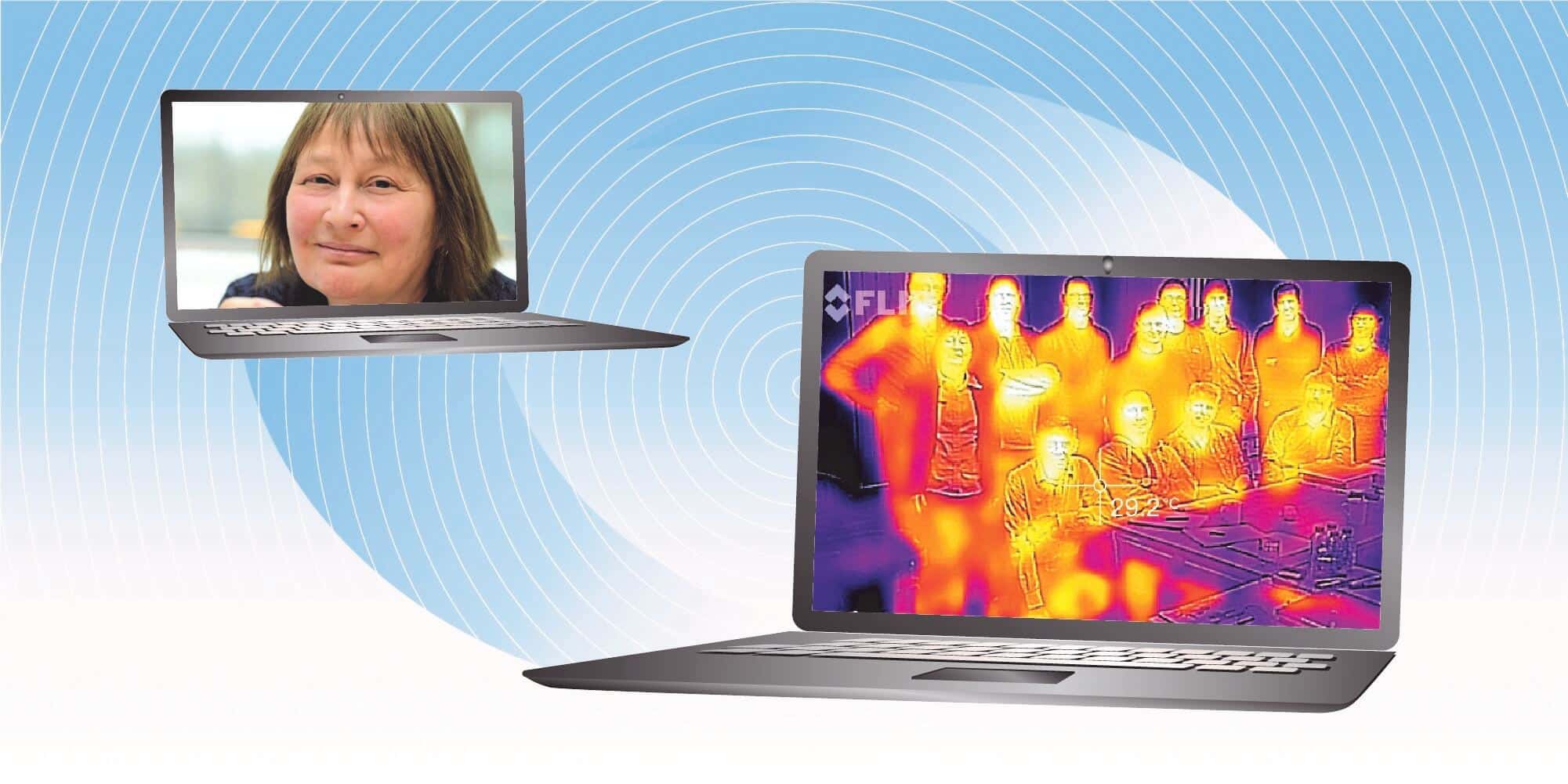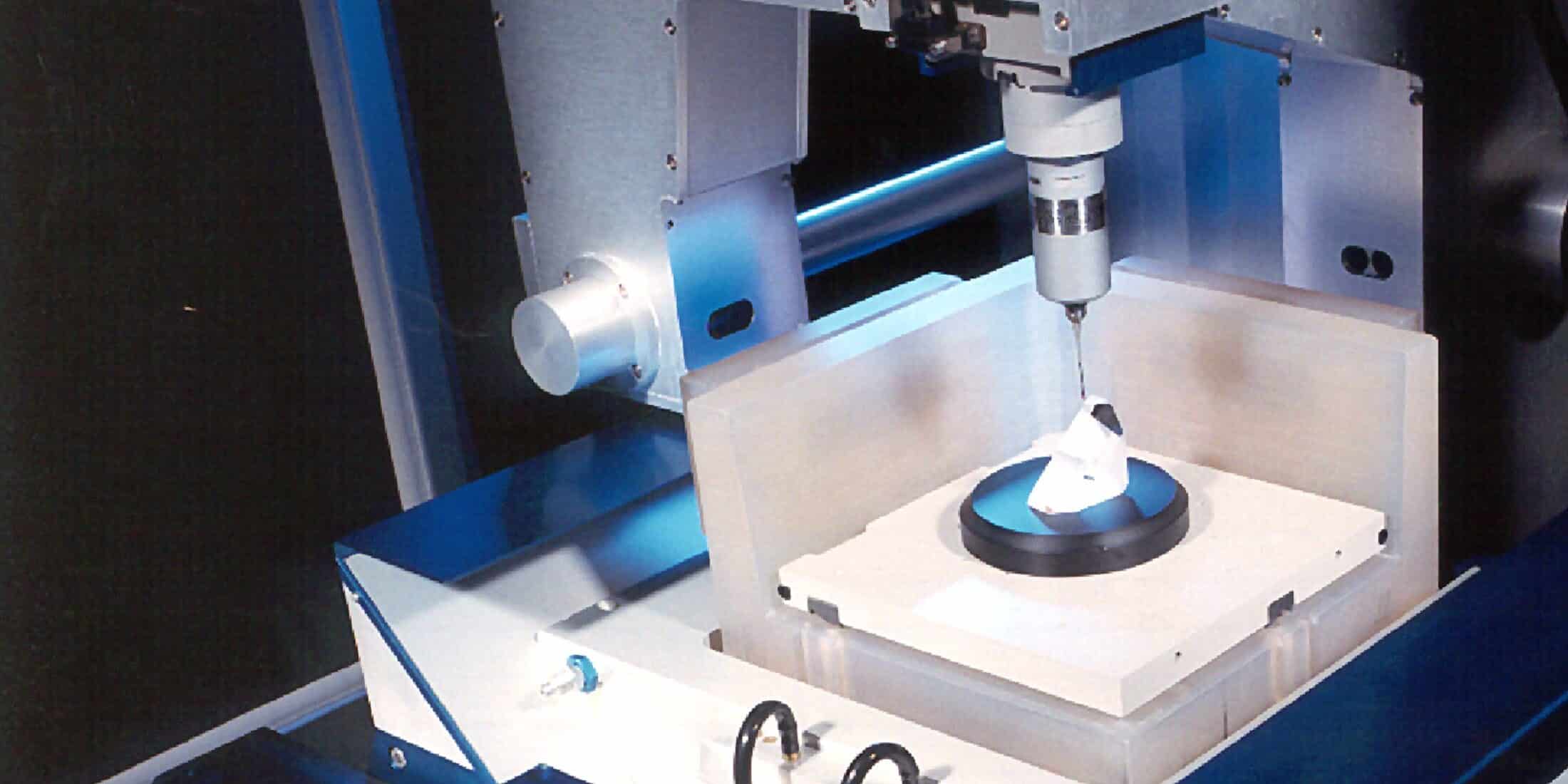As industry pushes for more functionality, performance, miniaturization, and lower costs, heat densities rise—leading to higher temperatures that harm performance, reliability, and lifespan. This makes thermal design increasingly critical.
Optimizing thermal design is essential across applications like consumer electronics, semiconductors, power electronics, LEDs, automotive, data centers, and the Internet of Things.
This training stands out due to:
- Model‑based system-level thermal design, with emphasis on integration of electronics and mechanical design.
- Learning by doing: live, interactive practical exercises and two case studies of modelling and analyzing a thermal system design.
- International peer group fostering global knowledge exchange and cross-industry insights.
- Worked exercises provide how-to examples of common engineering calculations for future reference.
- Taught by renowned expert Wendy Luiten, extensive domain knowledge through decades of industry experience.
Origin of the course
The famous 20+year old 3-day classroom course, originally intended for inexperienced as well as experienced participants, has been replaced by two modules to meet the requirements of modern times.
We kept the excellent and high-quality contents. We addressed feedback from our previous trainings to change the original course:
- split up the thermal design part and the advanced cooling topics part;
- add much more time to digest the theory;
- provide more opportunities for hands-on practice;
- spend more time on current and future electronic cooling solutions.
The thermal design module allows for sufficient opportunities for practicing and achieving an active skill level for designing new thermal applications, evaluating existing thermal applications, and assessing computational simulation models.
The advanced part builds on this foundation and is scheduled several weeks later. This provides more time to get familiar with the material and facilitates the uptake of the advanced material.
We strongly advice not to attend only the thermal design part since the advanced thermal management course gives very valuable additional information to assist in preventing thermal problems.
Both trainings are available for open enrollment as well as for in-company sessions. For in-company sessions, the training can be adapted to your situation and special needs.





